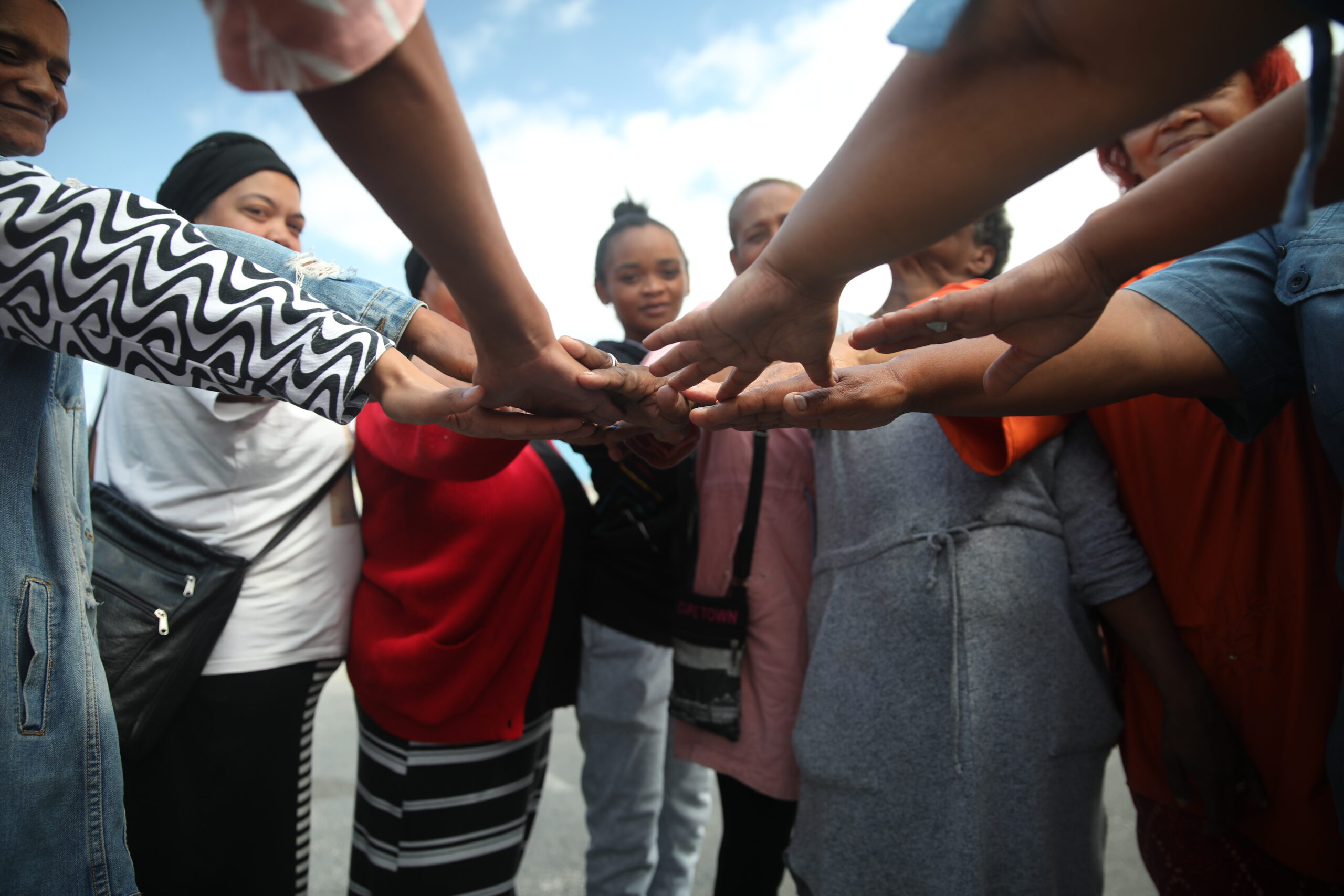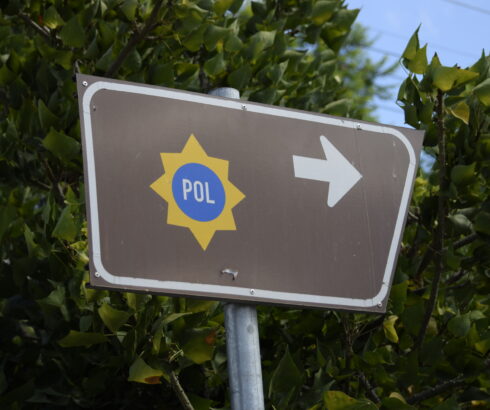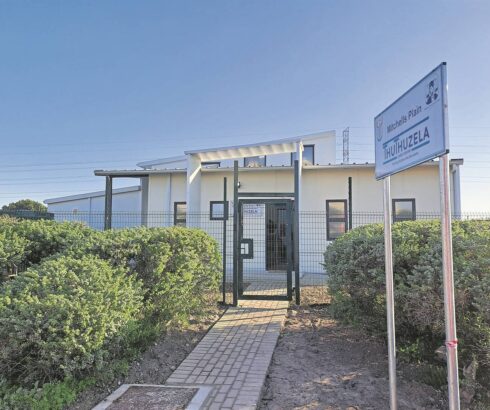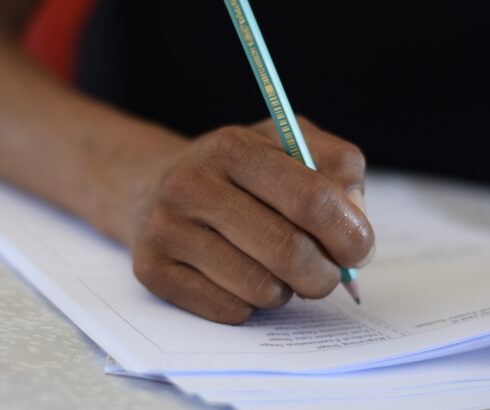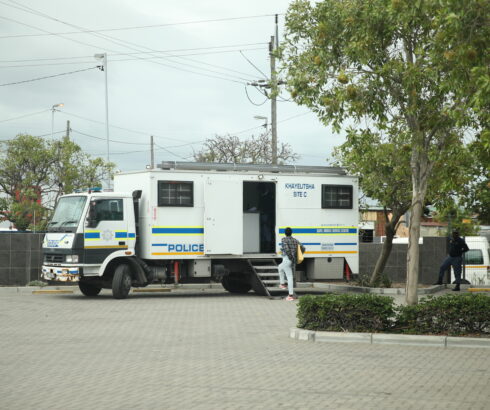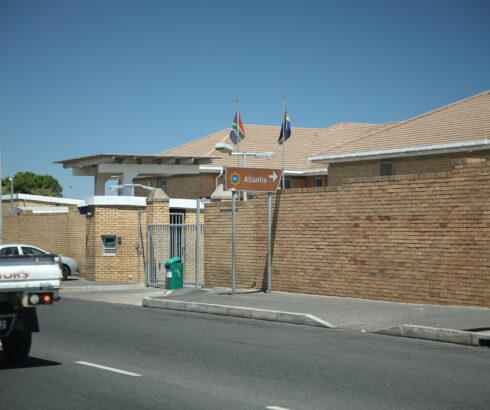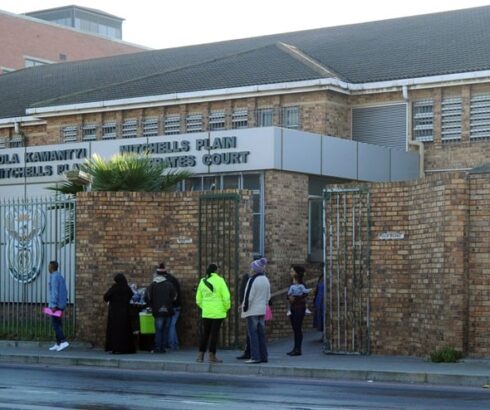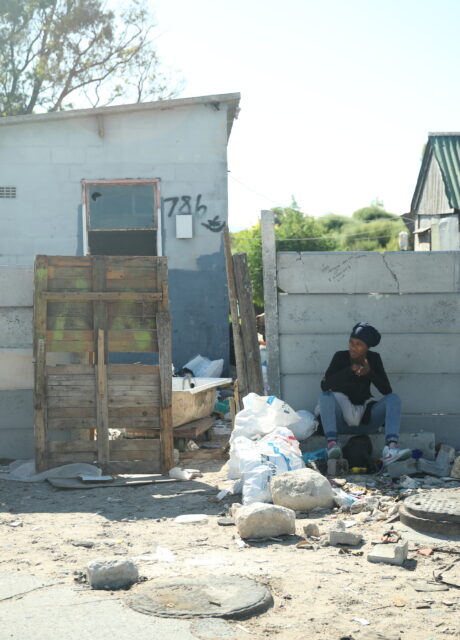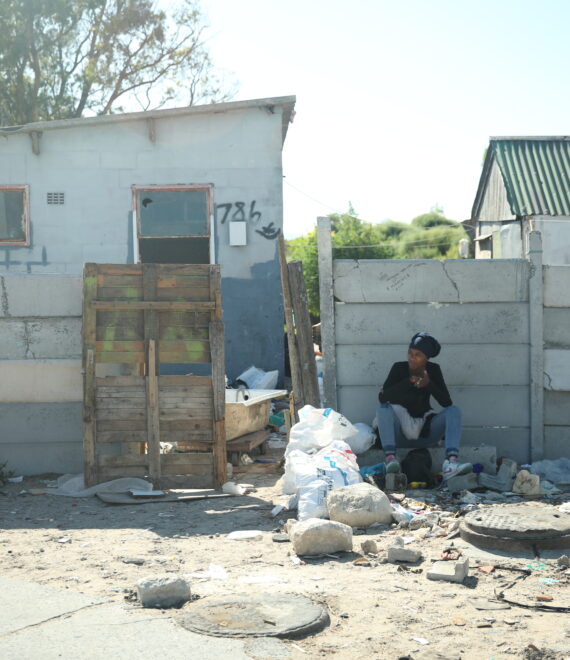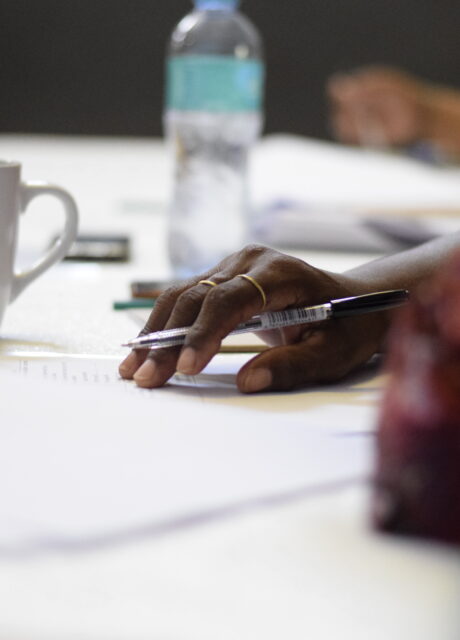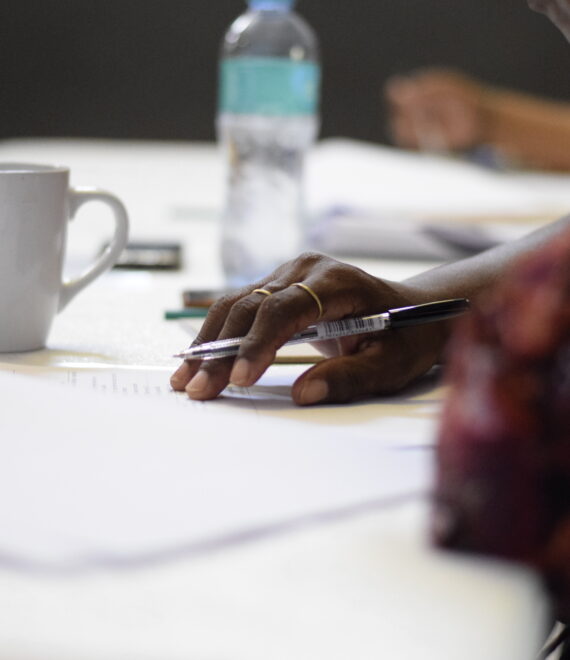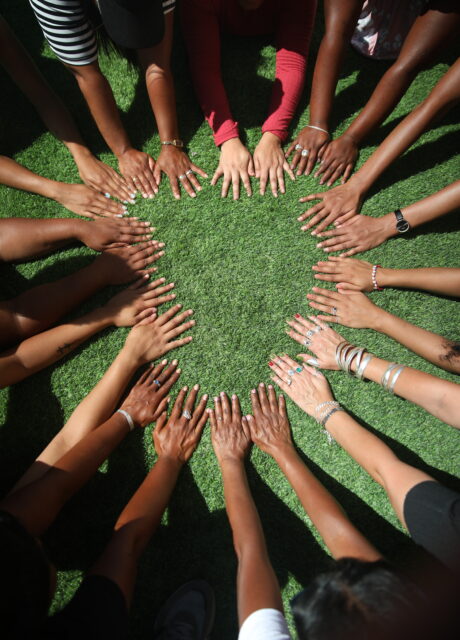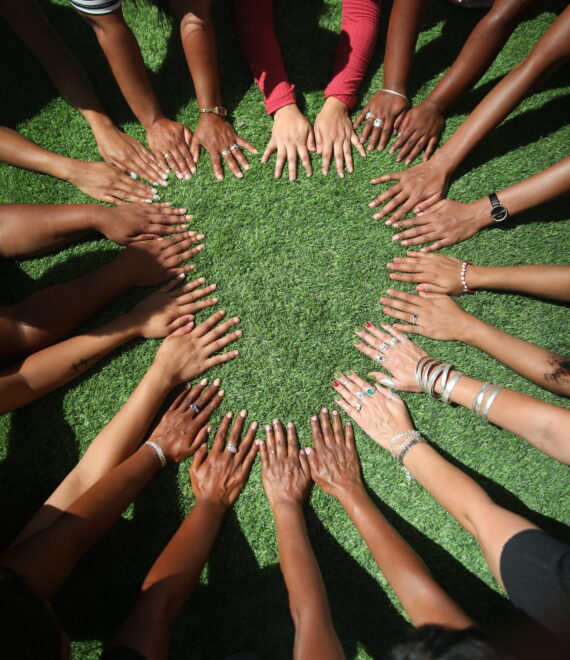Content Warning:
This research includes references to abuse experienced by women and girls. All survivors and family members have provided their informed consent to share their stories: some using their own names, others anonymously.
South Africa has one of the highest levels of gender-based violence in the world. In November 2024, the first national study on the prevalence of gender-based violence found that over 35.5% of women reported experiencing physical and/or sexual violence during their lifetime — a number that likely underestimates the scale of the problem, as most incidents go unreported. In one year alone, between 2023 to 2024, the South African Police Service and the National Prosecuting Authority reported that more than:
12,800 women were murdered or subjected to attempted murder
63,000 women were subjected to serious assault
53,000 sexual offenses cases were opened with the police
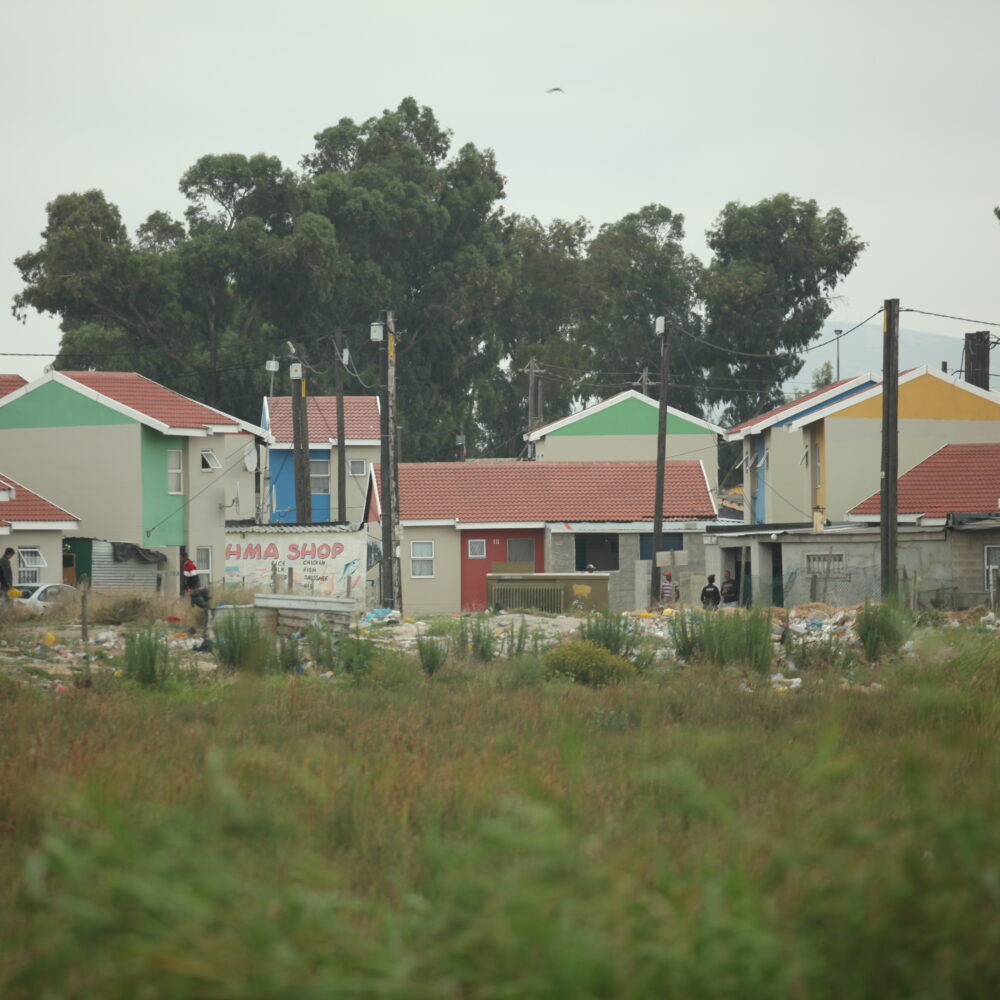
Gender-Based Violence in the Western Cape
CFJ chose to focus on the Western Cape because of the staggering levels of gender-based violence in this region. In 2020, the South African authorities identified 30 hotspots for gender-based violence across the country, eight of which are in the Western Cape (Delft, Nyanga, Khayelitsha, Mitchells Plain, Gugulethu, Kraaifontein, and Bellville).
Despite the high levels of gender-based violence, most incidents remain undocumented, underreported and unaccounted for within national statistics. Those who do brave the system and report incidents to the authorities face significant threats to their own safety and rarely see their perpetrators held accountable.
The Western Cape government reviewed our research and acknowledged the challenges and efforts to solve them in their response. Read on to hear powerful firsthand accounts from the survivors, and CFJ’s recommendations to tackle systemic failures – from urgent reform and adequate funding to ensure access to justice to increased survivor-centered training and services.
I’ve been failed multiple times in my life: as a survivor, as a woman, as a mother.
Fundamental Failures at Every Stage of the Justice Process
South Africa has a strong constitutional and legal framework to combat violence against women. But survivors of gender-based violence in the Western Cape described failures at every stage of the process, from reporting to trial. Civil society organizations in South Africa have advocated for decades for South African authorities to adopt and implement measures to tackle such violence, but women and girls are still routinely ignored, disbelieved, and left unsupported.
WJW asked survivors and those advocating on their behalf about their experiences at each stage of the justice process. 93% of survivors surveyed highlighted failures in the criminal justice system. Many survivors saw perpetrators escape consequences time and again, and lost hope that they would ever see justice.
Click on each section below for survivors’ accounts of failures at each stage:
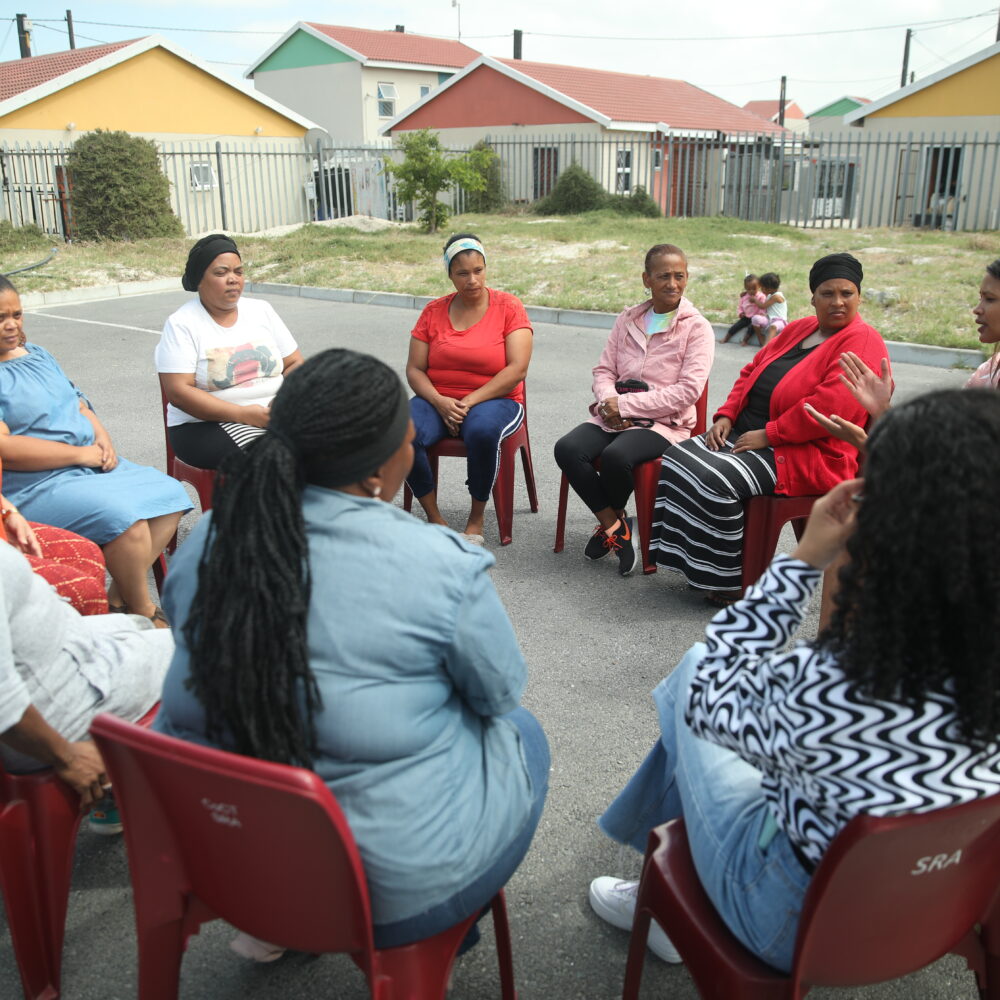
I became very despondent and discouraged to report the matters and request an interdict [protection order], because I felt that the state failed me.
Causes, Systemic Failures, and Paths Forward
Legacies of colonialism and apartheid, along with harsh economic inequality and harmful social norms, have an outsized influence on the high rates of gender-based violence in the Western Cape, as well as on how survivors are treated. Through conversations with women on challenges they face at each step in the justice process, WJW and its partners identified six overarching barriers to justice that define the experiences of countless survivors throughout the region.
Explore the root causes of the crisis, the systemic failures that perpetuate it, and what needs to be done to prevent gender-based violence, protect survivors, and ensure accountability:
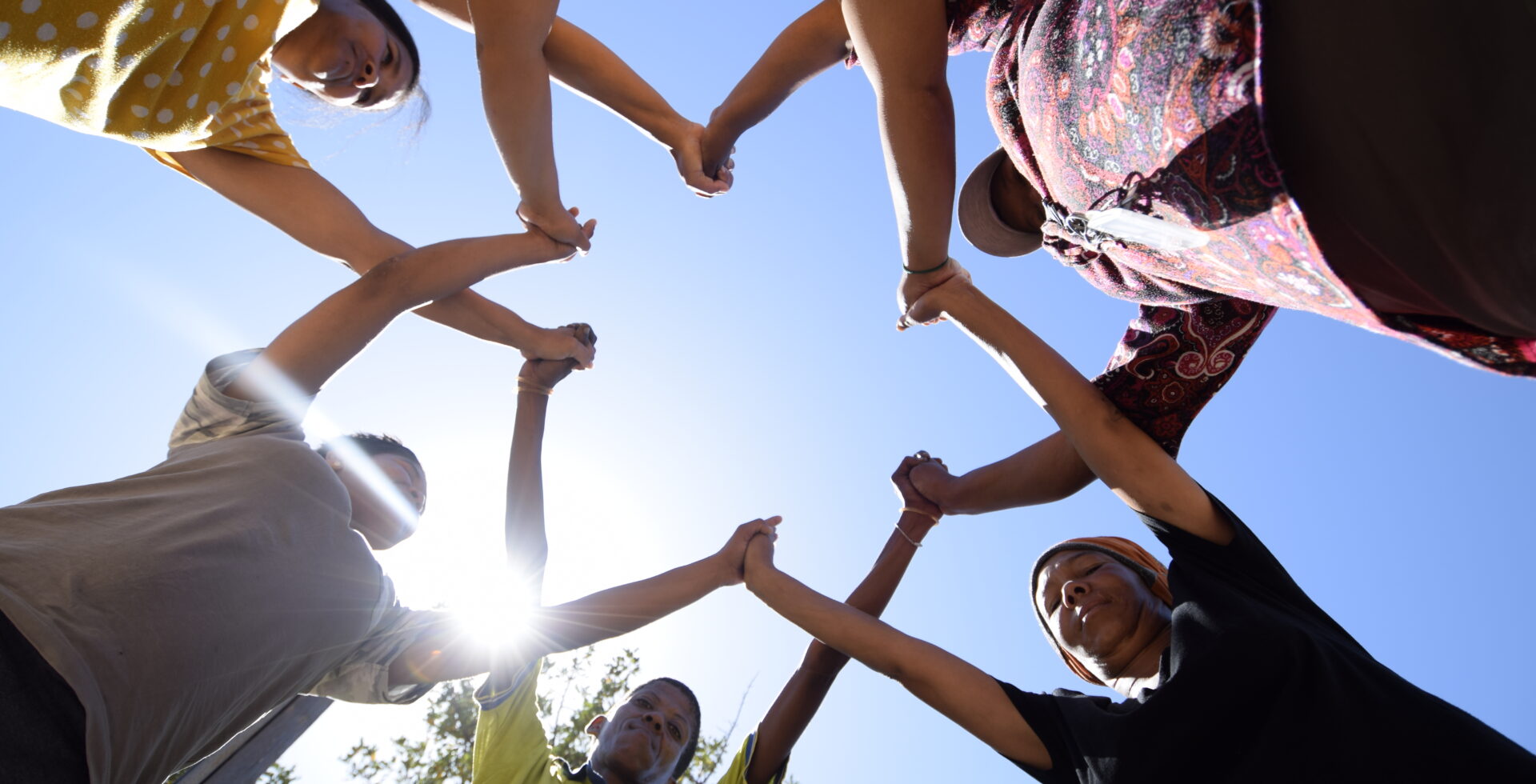
More compassion is needed; more care is needed. Sometimes, you are so afraid to be in the same room as the person that abused or committed violence against you, and you need that support and a guarantee that the same transgressions will not be committed again. Unfortunately, this is not the case, and it is only you and the law and those who harm you.
Our Work Continues
WJW shared the findings of this research project with the relevant Western Cape and South African government representatives. WJW and its partners continue to build on this work and fight for justice and accountability for gender-based violence survivors, including through strategic litigation and advocacy.
The Western Cape Government responded to WJW on December 5, 2024:
This is invaluable research that the Western Cape Government will be able to put to good use for our residents. While tragically it confirms much of what we already know, we deeply appreciate constructive efforts to better understand the scourge of gender-based violence (GBV) so we can work even more closely with our partners both in civil society and in other spheres of government to combat this scourge. This kind of empirical data can only strengthen the on-the ground knowledge and experience of our officials and help us improve the work we currently do. We welcome research that adds to our body of knowledge and provides concrete evidence that highlights the various challenges survivors of GBV face.
Read the full response from the Western Cape Government here.
Acknowledgments
This research was conducted as part of the Clooney Foundation for Justice’s Waging Justice for Women initiative, with generous funding from the Bill & Melinda Gates Foundation. The research was conducted in collaboration with the Women’s Legal Center, Women Lead Movement, Rights Lab at the University of Nottingham and Microsoft’s AI For Good Lab.
This project would not have been possible without the participation, support, and expertise provided by hundreds of survivors, service providers, and valued partners in the Western Cape and across South Africa. We deeply appreciate your trust, confidence, and collaboration.
Special thanks to:
Melene Rossouw, senior consultant and lead researcher, and Taylor Hadnôt, consultant researcher
Microsoft AI for Good Lab
University of Nottingham’s Rights Lab
Women’s Legal Center
Women Lead Movement, particularly Nicola Cloete
